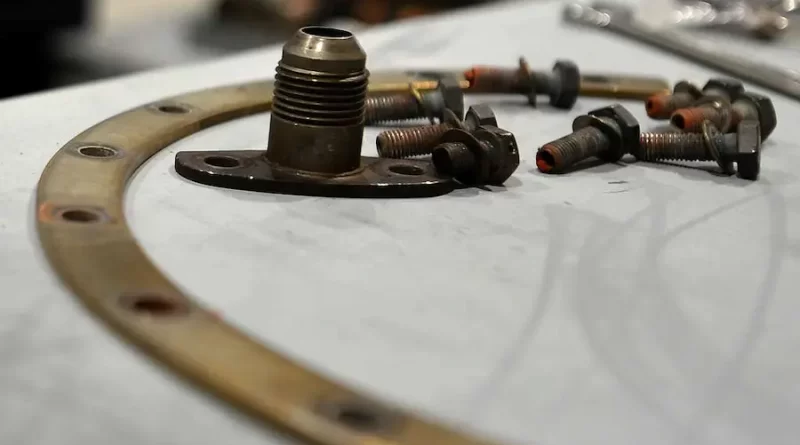The Importance of Aerospace Fasteners
Aerospace equipment and technology are constantly exposed to extreme environments, high pressures, and temperatures. These tools must be constructed to withstand these conditions, including the fasteners that hold them together. The aerospace industry’s focus on sustainability and fuel efficiency drives the demand for more robust and durable fasteners. These fasteners can be made from materials like titanium and nickel-based superalloys.
Durability
The aerospace industry is stringent with quality standards, so it’s important to use durable materials when manufacturing aerospace fasteners. The most common material for these fasteners is aluminum, which can withstand high temperatures and pressures. In addition, it can resist corrosion and other external factors that might affect the fasteners. Aerospace fasteners join an airplane’s different parts during the assembly process. They also play an essential role in ensuring flight safety by holding parts together and opposing forces that might separate them. This function is known as shear. Aircraft fasteners are made of various alloys to meet the industry’s requirements. Some of the most common materials are aluminum and steel, which are incredibly durable. Another popular option is titanium, which has a similar strength to steel but is lighter and better able to withstand heat and cold. These factors are crucial in ensuring the safety and efficiency of aircraft and spacecraft.
Strength
Aircraft fasteners must be strong enough to withstand flight pressures and stresses. This requires a high tensile, shear strength, and fatigue resistance. Additionally, they must withstand extreme temperatures that can affect military and commercial airplanes. Titanium alloys are ideal for aerospace fasteners, as they offer greater strength than aluminum or steel with a lower weight and higher thermal stability. They also have good corrosion resistance and can withstand the effects of harsh environments. Another essential feature of aircraft fasteners is their self-locking ability, which helps to prevent the nuts and bolts from loosening during flight. This is achieved by combining suitable materials, heat treatments, and coatings. This type of fastener is suitable for both screw and bolt assemblies and can be used in various hole-fit tolerances, such as clearance or transition fits.
Weight
The aerospace industry is one of the most innovative and product-advancing sectors. As such, it has developed numerous special alloys that outperform standard aluminum and steel fasteners in strength, weight, thermal stability, and longevity. These fasteners can withstand high pressures, vibrations, and temperature changes. They also undergo a special heat treatment to prevent corrosion and can be self-locking. They are typically made of high-grade, lightweight materials such as titanium or nickel-chromium. Some standard aircraft fasteners can be installed in matched holes on two pieces of material and are designed to maintain a consistent preload. They secure doors, electric panels, and other removable components in aircraft bodies. Turnlocks and wing nuts are similar but are used to secure hinges or other moving parts.
Environmental Requirements
Aerospace equipment and technology must withstand much pressure and stress, including the fasteners that hold them together. Because of this, they need to be designed and built to a higher standard than other fasteners to meet the aerospace industry’s requirements and specifications. The aerospace fasteners used in the production of aircraft and spacecraft must also be able to reduce weight without sacrificing strength or durability. They should be made of lightweight materials such as aluminum and titanium, which can help to keep the overall weight down. Another factor in the design and construction of aerospace fasteners is their ability to resist corrosion and other environmental factors. Many are heat-treated or coated to protect against high temperatures and heavy loads. They must also be manufactured to a specific quality level, such as the Mil-Spec, an international military and aerospace equipment standard. This ensures that they can withstand the harsh conditions of commercial, business, and military airplanes, jets, and space-bound rockets.


